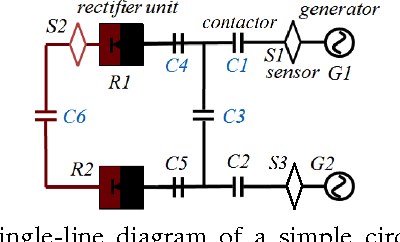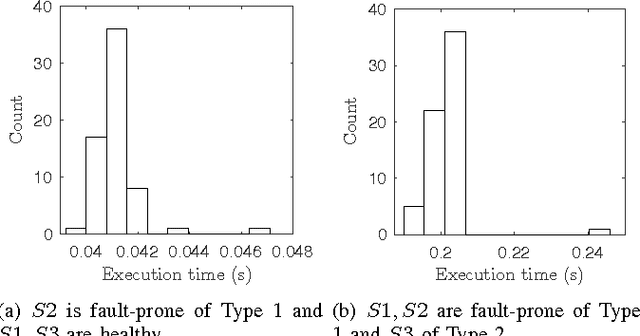Lingyun Gao
Reading Miscue Detection in Primary School through Automatic Speech Recognition
Jun 11, 2024Abstract:Automatic reading diagnosis systems can benefit both teachers for more efficient scoring of reading exercises and students for accessing reading exercises with feedback more easily. However, there are limited studies on Automatic Speech Recognition (ASR) for child speech in languages other than English, and limited research on ASR-based reading diagnosis systems. This study investigates how efficiently state-of-the-art (SOTA) pretrained ASR models recognize Dutch native children speech and manage to detect reading miscues. We found that Hubert Large finetuned on Dutch speech achieves SOTA phoneme-level child speech recognition (PER at 23.1\%), while Whisper (Faster Whisper Large-v2) achieves SOTA word-level performance (WER at 9.8\%). Our findings suggest that Wav2Vec2 Large and Whisper are the two best ASR models for reading miscue detection. Specifically, Wav2Vec2 Large shows the highest recall at 0.83, whereas Whisper exhibits the highest precision at 0.52 and an F1 score of 0.52.
Weak Adaptive Submodularity and Group-Based Active Diagnosis with Applications to State Estimation with Persistent Sensor Faults
Apr 12, 2017


Abstract:In this paper, we consider adaptive decision-making problems for stochastic state estimation with partial observations. First, we introduce the concept of weak adaptive submodularity, a generalization of adaptive submodularity, which has found great success in solving challenging adaptive state estimation problems. Then, for the problem of active diagnosis, i.e., discrete state estimation via active sensing, we show that an adaptive greedy policy has a near-optimal performance guarantee when the reward function possesses this property. We further show that the reward function for group-based active diagnosis, which arises in applications such as medical diagnosis and state estimation with persistent sensor faults, is also weakly adaptive submodular. Finally, in experiments of state estimation for an aircraft electrical system with persistent sensor faults, we observe that an adaptive greedy policy performs equally well as an exhaustive search.
 Add to Chrome
Add to Chrome Add to Firefox
Add to Firefox Add to Edge
Add to Edge